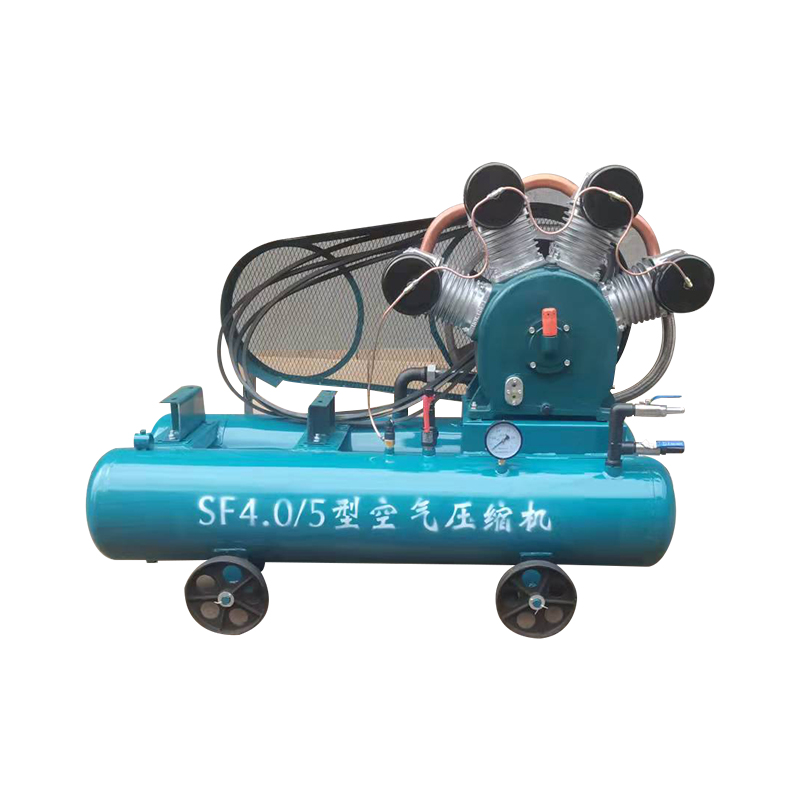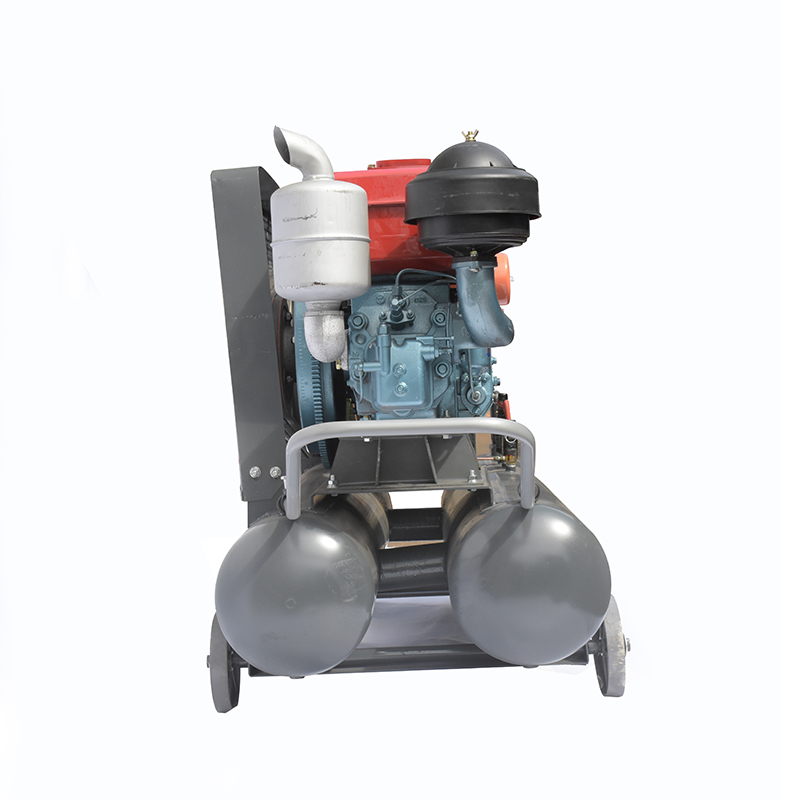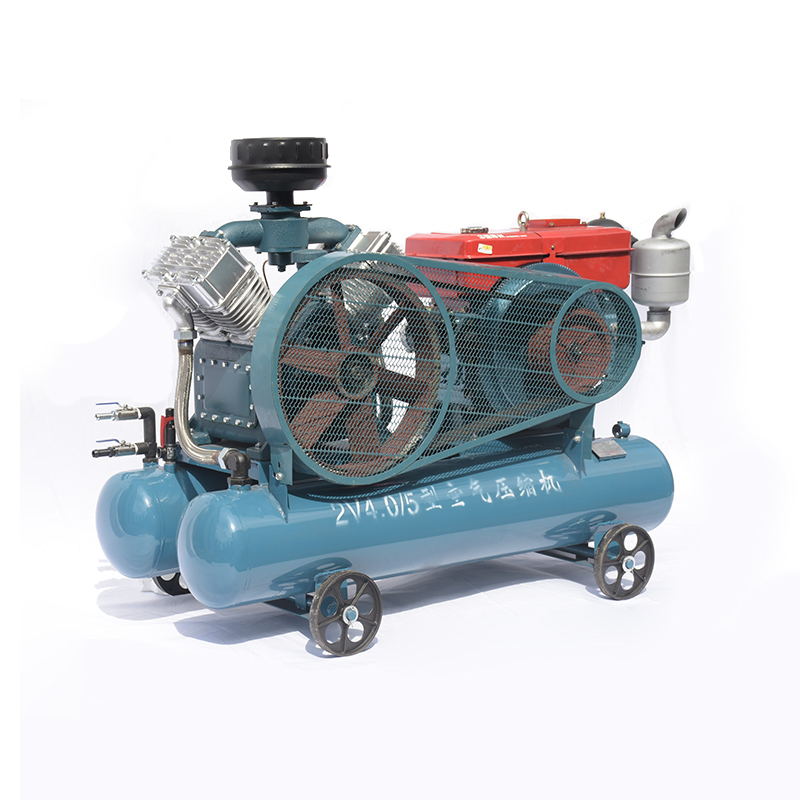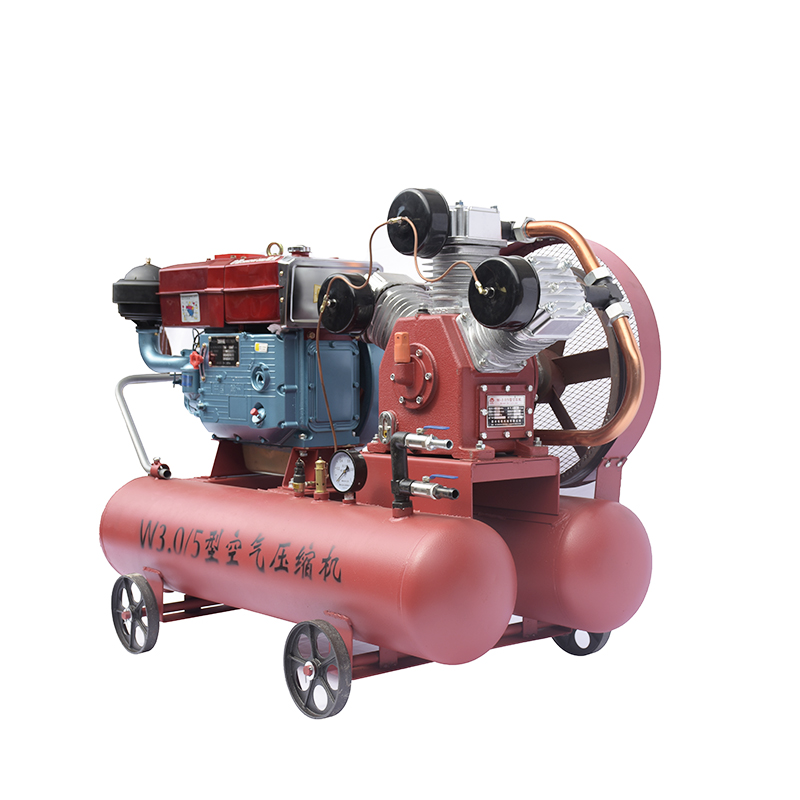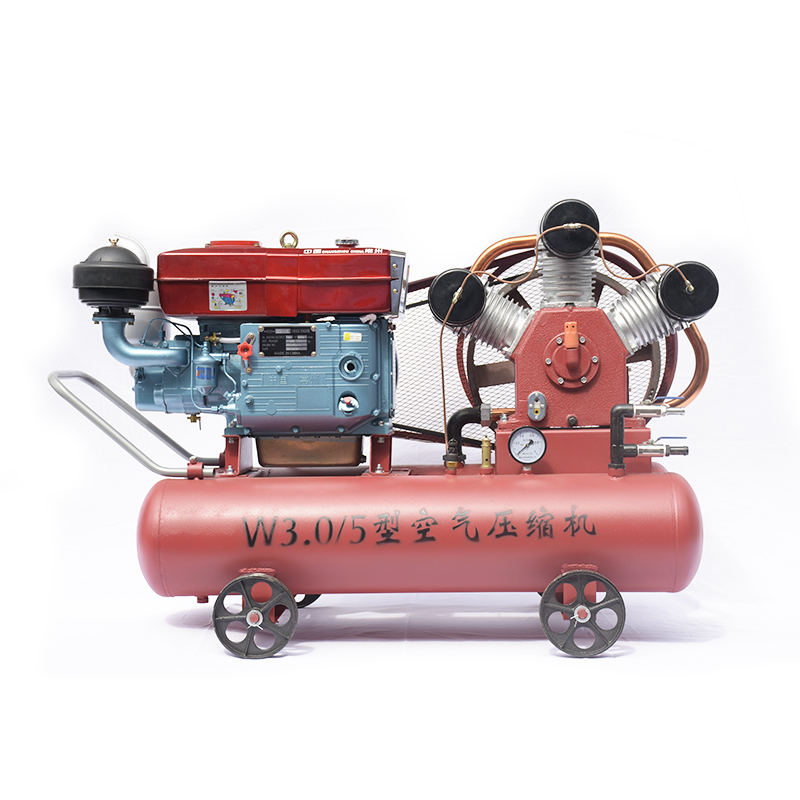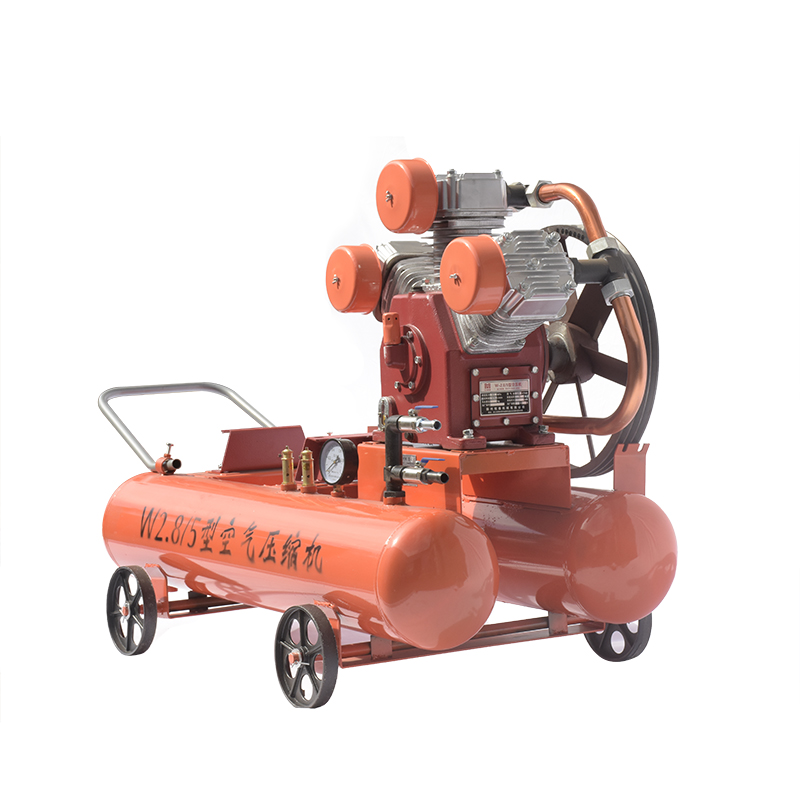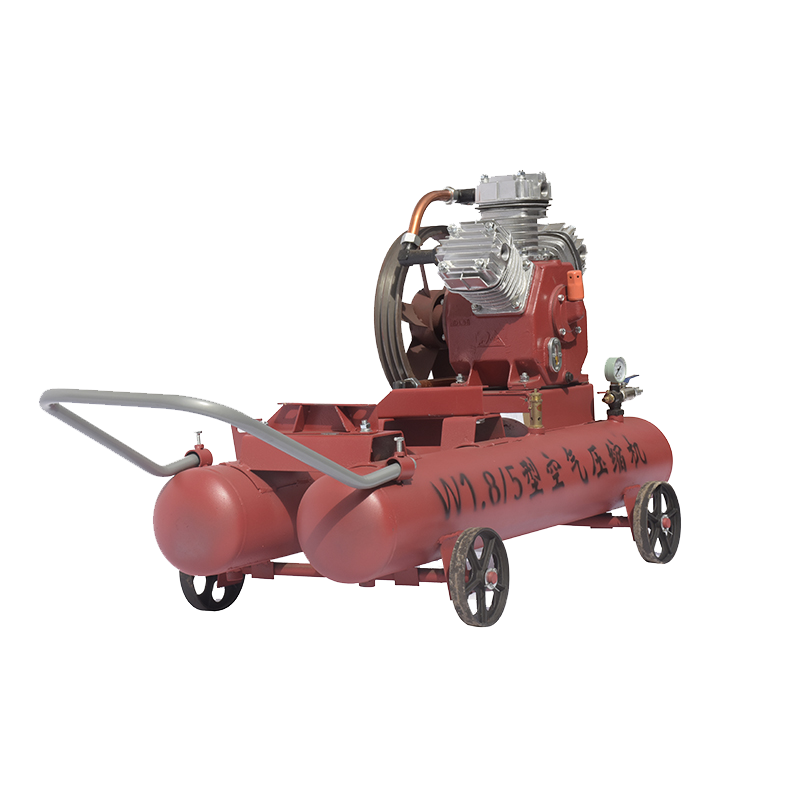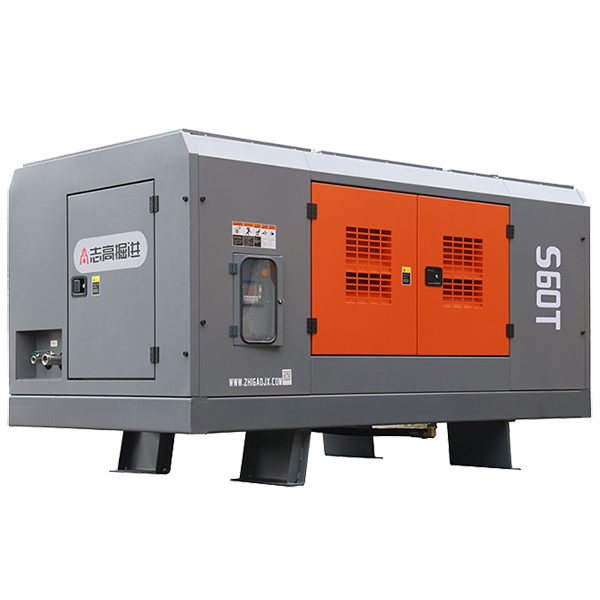All About CFM Air Compressors: An Overview of Functions and Applications
When it comes to industrial needs, CFM Air Compressors are the answer. Delivering compressed air in cubic feet per minute (CFM), they provide businesses with a dependable and energy-efficient source of compressed air used for a multitude of applications—from powering pneumatic tools to creating a continually streaming breeze for cooling purposes.
For many operations, from automotive shops and factories to restaurants and hotels, CFM Air Compressors are an invaluable asset. With a steady stream of pressurized air at their disposal, businesses gain the capability to power countless tools and other pieces of equipment. As such, CFM Air Compressors represent essential components of successful construction, production, and service ventures.
With various sizes and forms, CFM air compressors can offer a solution whether used as a fixed asset or moved around to meet demands. Depending on how it’s utilized, you may be presented with a choice between oil-lubricated and oil-free designs. Typically, the oil-lubricated models are more tough-wearing and dependable but require more time to upkeep and may cost more in terms of operation. On the flip side, oil-free options often bring economic benefits yet require greater attention to maintenance and may not be as long-lasting.
The compressor selection for a business is determined by the size of the business, what size operations it requires and the equipment needing powered. For example, a smaller workshop or garage will need a portable compressor while a larger industrial facility will require one with extra strength. If pneumatic tools are in use, then higher air pressure is mandatory requiring a heavier duty unit.
Choosing a CFM air compressor involves taking several important factors into account. Most notably, the size and power capacity of the unit are critical details to consider, as the size determines how much air can be produced in one go and the power output dictates the pressure levels attainable. Furthermore, think about the kind of air filter it runs on and the variety of motor inside – variable speed motors are a popular option for businesses seeking a more tailored air pressure setting.
Businesses can count on CFM Air Compressors to bring reliable, cost-effective performance. Harnessing power and an efficient flow of compressed air, these systems can be employed in a wide range of applications. When evaluating a compressor, look to the size, output, air filter component, and motor for best results. Choosing the proper model guarantees your operations have the means to drive equipment with a consistent supply of compressed air.
An air compressor is an invaluable device that converts energy from electric motors, diesel engines, or gasoline engines into an efficient form – compressed air. This accumulated energy can then be used to operate a host of apparatus like nail guns, spray guns, staplers, and more. Furthermore, air compressors are ideal for efficiently managing air brakes, inflating tires, and powering HVAC systems.
When choosing an air compressor, it’s essential to be familiar with the abbreviation CFM which stands for Cubic Feet per Minute – this value reflects the rate of air flow. Air compressors can range in CFM ratings from the least powerful at 3 to the greatest power keg at 18. The size and capability of the compressor contribute to its CFM score.
It is paramount to pay close attention to the CFM rating when choosing an air compressor, for this number will dictate the total amount of air produced each minute. Compressors with larger CFM ratings will yield more air per minute than those with lesser numbers – the bigger the rating, the more air is released. This should be taken into account as it will ultimately decide how quickly the air is dispersed.
What sort of air compressor will work best for you relies on the scope of the task you have at hand. Should a smaller-scale job need to be done, a lower CFM rated compressor is right for the job. Alternatively, a larger job will call for one with a higher CFM rating. Furthermore, the capacity of the tank can provide another factor which affects the rate and supply of compressed air. A bigger tank, after all, can work in your favour.
When picking out an air compressor, it is important to factor in the source of power. Air compressors come in three varieties: electric, gasoline, or diesel. The alternative fuel capabilities can boost a compressor’s capability to provide more Cubic Feet per Minute (CFM), for instance, while also elevating expenses and increasing the maintenance requirements. Despite the costs, these pistons are often favored by professionals for their greater strength.
Ultimately, CFM ratings should be at the forefront of your mind while picking an air compressor. These ratings reflect the amount of air produced each minute, ideal for larger-scale projects. Furthermore, take into account the size of the tank and source of power when graduating from the age-old bellows. To arrive at an educated decision, consider each factor to guarantee the right compressor is purchasable for the developing task.
Post time: 2023-07-17


